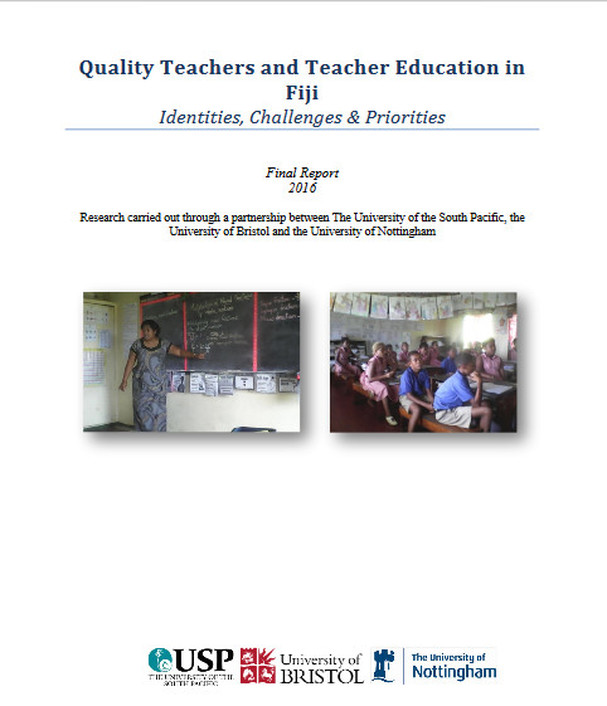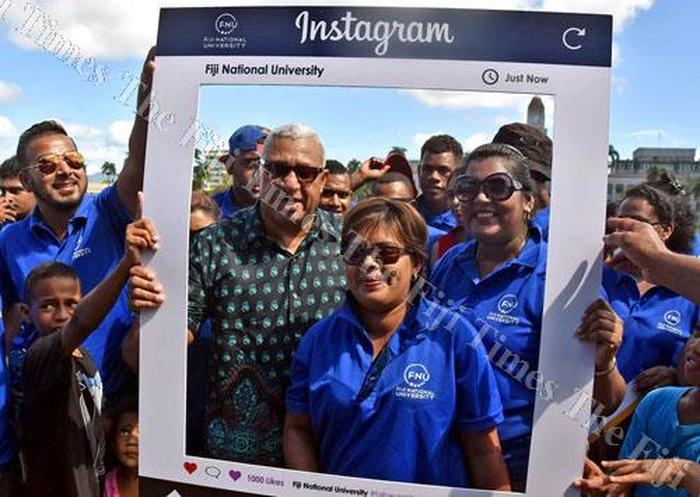'A most prominent challenge perceived by all stakeholders at this level is the rapid pace of educational reform, repeated shifts relating to policy, curriculum and assessment, and associated changes in regulations and procedures.Talanga sessions thus reveal significant teacher stress and frustration with what are perceived to be overwhelming and uncoordinated curriculum changes being rolled out. Teachers and trainees reported a sense of what was described as reform lethargy in the face of the frequency of Ministerial circulars requiring rapid change. As one secondary school teacher reported, ‘We are like machines. We don’t get to think anymore’. Teachers expressed general disappointment at lack of teacher consultation in the numerous changes being implemented and concern at the pace
and number of new initiatives. They said they were confused about whether to follow the NCF principles when implementing the new initiatives particularly in regard to assessment and examinations. There was overwhelming frustration at the new teach-3-terms worth of work/content in two terms and revise for the entire Term 3. Teachers spent a lot of time emphasising their disappointment at the swift return to external examinations, saying that they and their students had just become familiarised with and confident in the internal assessment processes...A related challenge concerns the emergence of a perceived mismatch between the educational philosophy articulated in the NCF and the MOE’s new assessment policy." - Quality Teachers and Teacher Education in Fiji, Final report 2016
http://www.bristol.ac.uk/media-library/sites/education/documents/final-report.pdf
Comments are closed.
|
[email protected]ARCHIVES
September 2020 August 2020 July 2020 June 2020 December 2018 November 2018 October 2018 January 2018 December 2017 November 2017 October 2017 September 2017 August 2017 July 2017 June 2017 May 2017 April 2017 March 2017 February 2017 January 2017 December 2016 November 2016 October 2016 September 2016 August 2016 July 2016 June 2016 May 2016 April 2016 March 2016 February 2016 January 2016 December 2015 November 2015 October 2015 September 2015 August 2015 July 2015 June 2015 May 2015 April 2015 March 2015 February 2015 January 2015 December 2014 November 2014 October 2014 September 2014 August 2014 July 2014 June 2014 May 2014 April 2014 March 2014 February 2014 January 2014 December 2013 November 2013 October 2013 September 2013 August 2013 July 2013 June 2013 May 2013 April 2013 March 2013 February 2013 January 2013 December 2012 October 2012 September 2012 |



